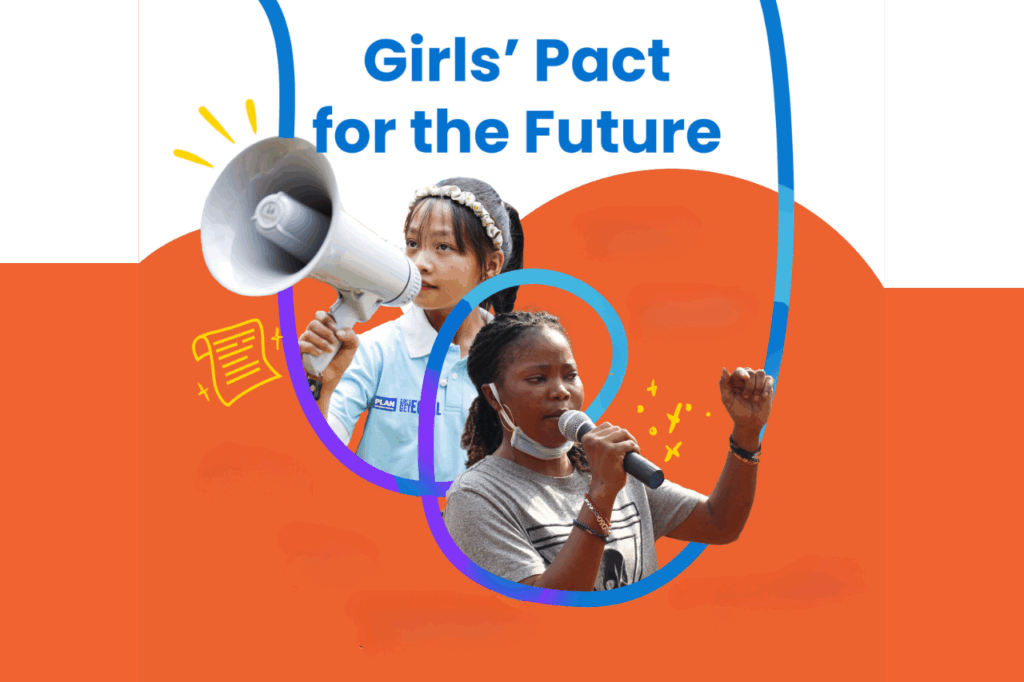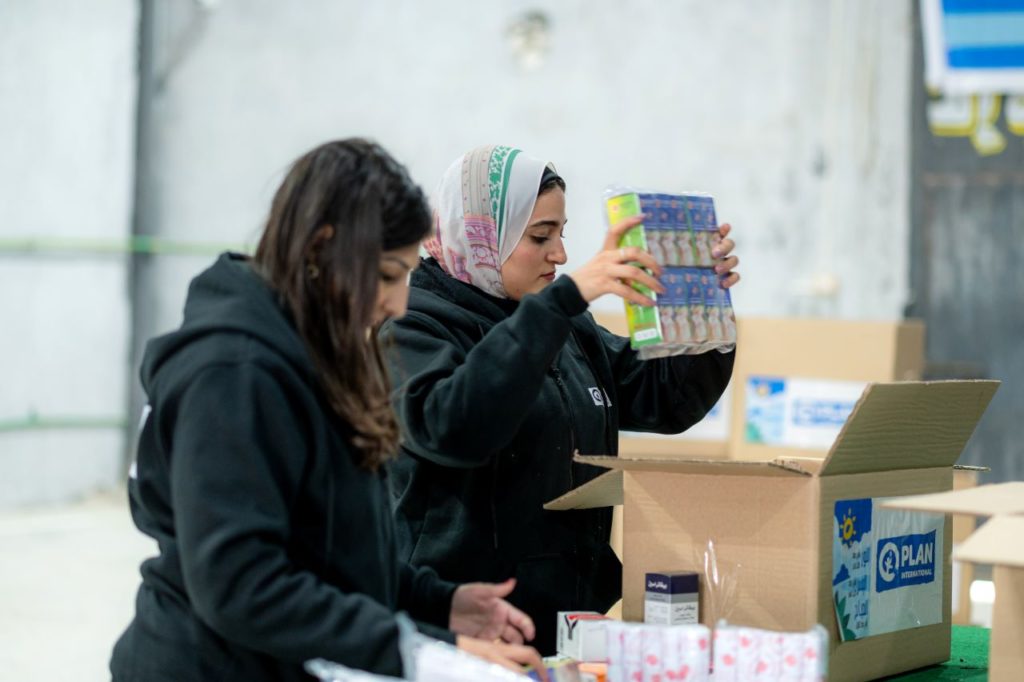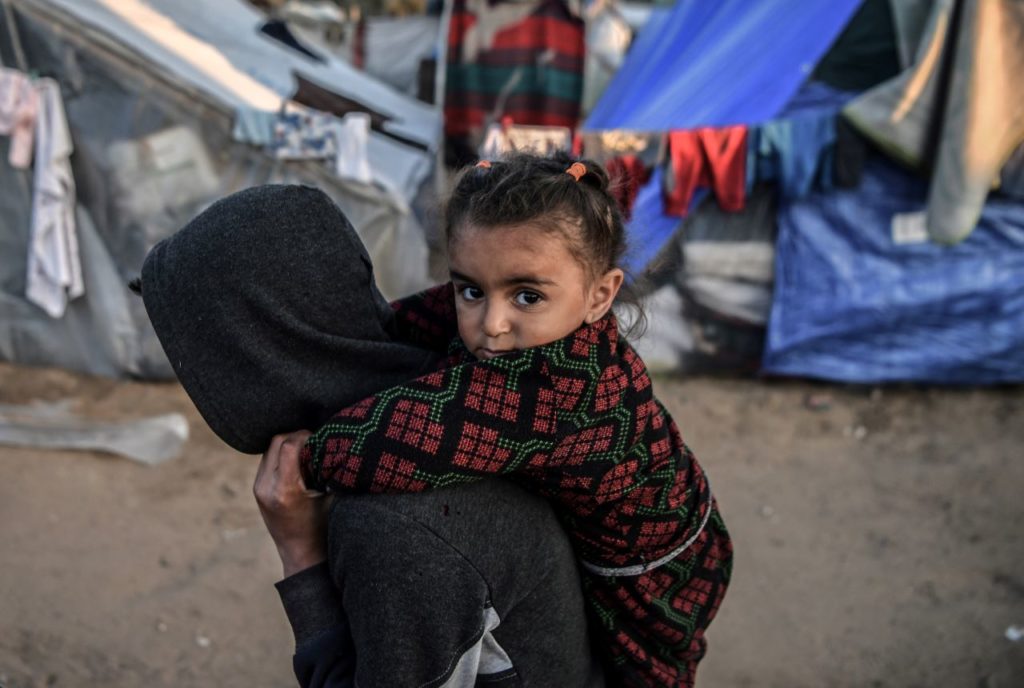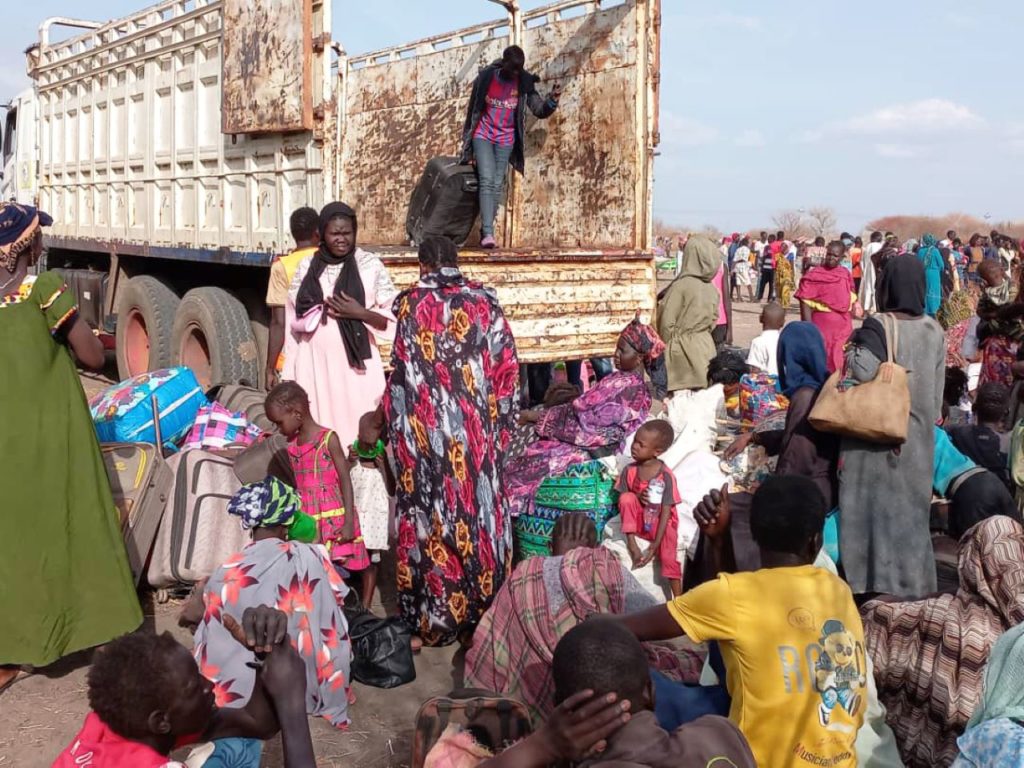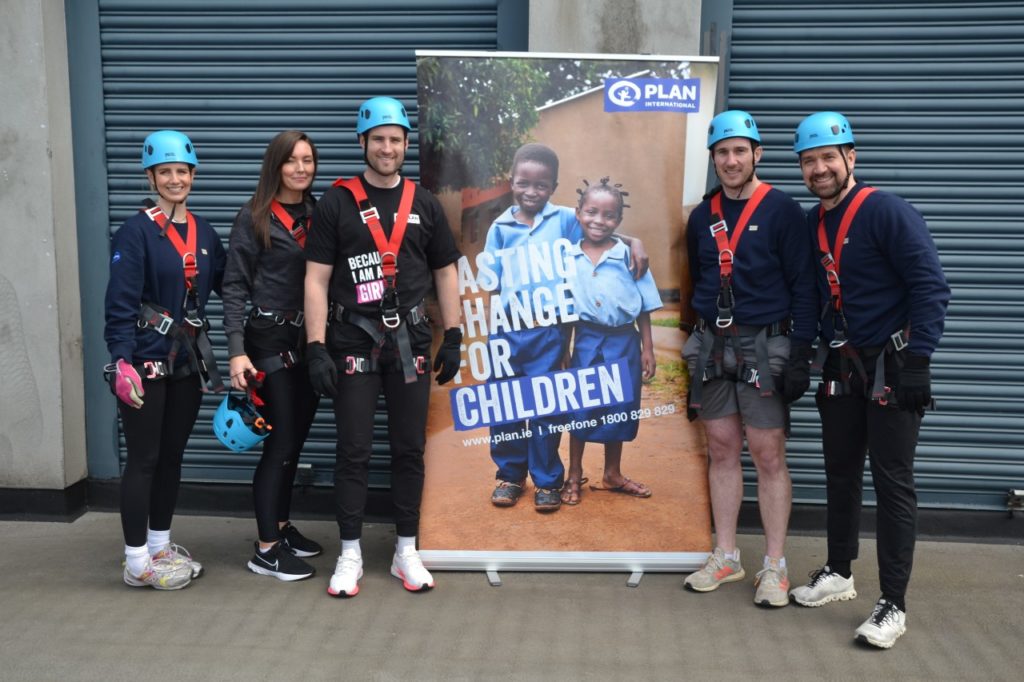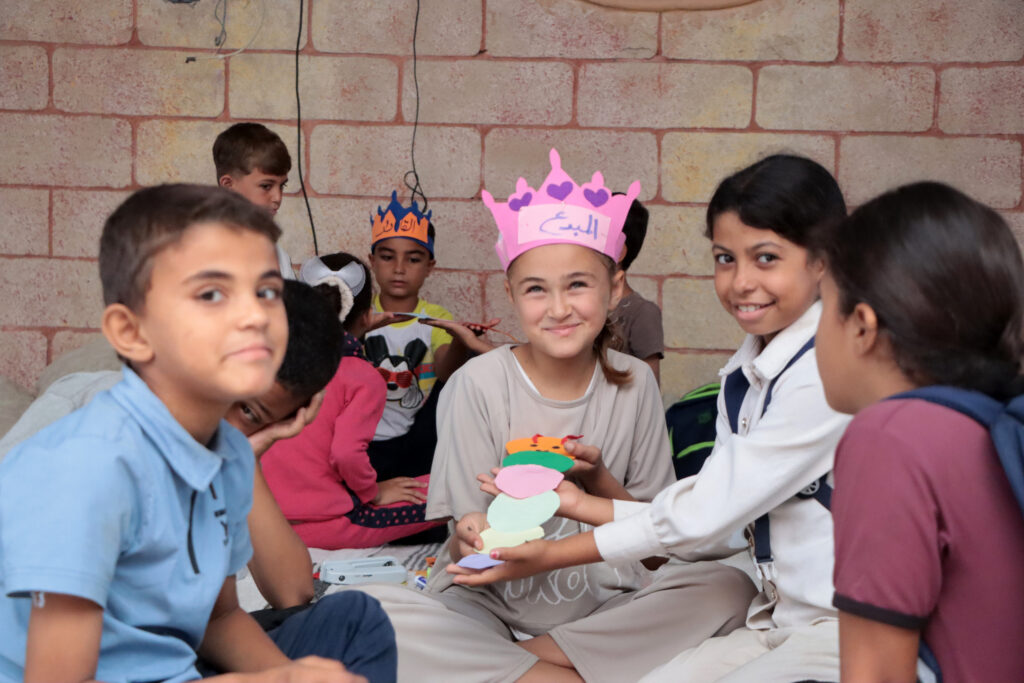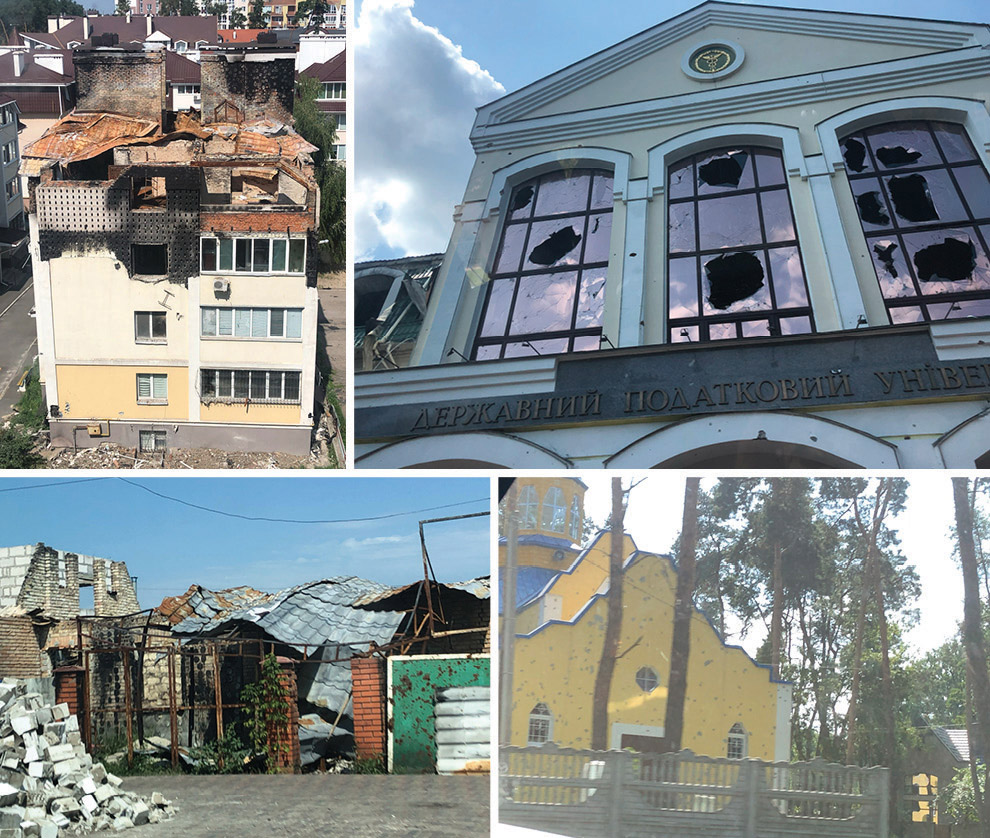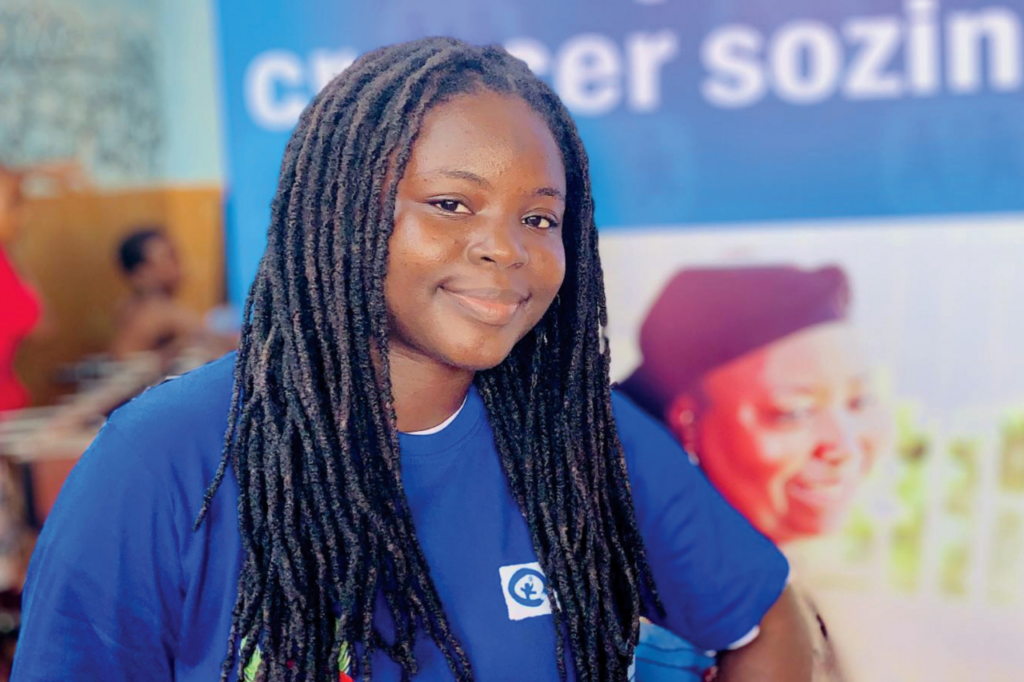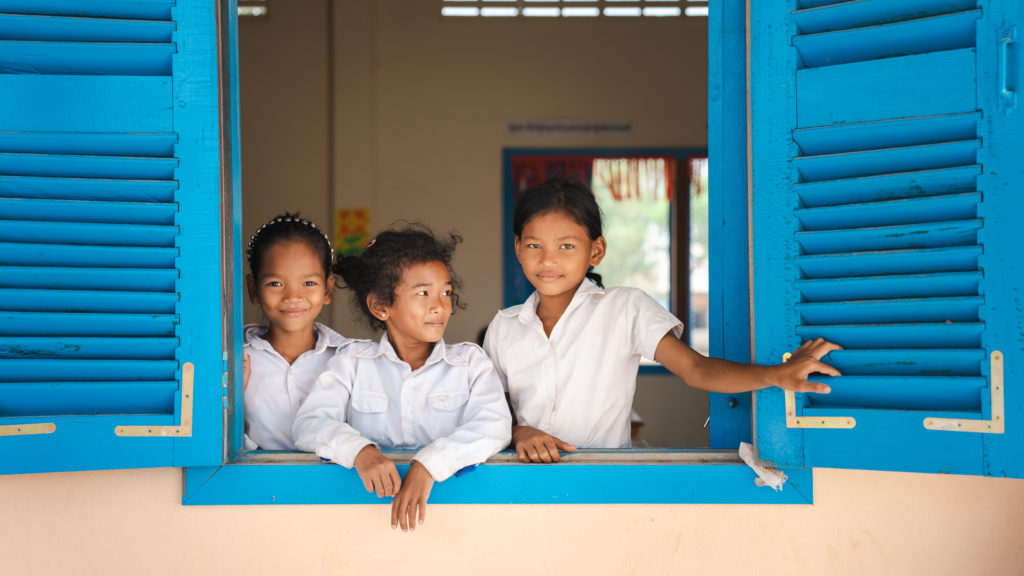As yesterday marked World Children’s Day, I want to take the opportunity to highlight the impact that the coronavirus pandemic is having on children across the world and the threat it poses to any gains made in recent years on children’s rights and equality for girls.
As restrictions came into force around the world this year to halt the spread of coronavirus, schools closed their doors, meaning 1.6 billion children no longer had access to in-person education. This has left many children, and girls in particular, at risk of physical, sexual and psychological violence. The longer that children stay out of education, the less likely they are to return – this is true for girls especially, with justified fears of an increase in harmful practices such as child marriage and female genital mutilation (FGM).
Plan International’s recently launched #FreeToBeOnline campaign also sounds the alarm about online gender-based violence, a phenomenon which has similarly been exacerbated by the pandemic. As children across the world spend less time in education and more time online, so too do those willing to abuse, harass and exploit them. Online freedom is an issue which transcends global divides, and disproportionately impacts girls and young women.
Our global Free To Be Online? report delved into the experiences of 14,000 girls in 22 countries of online abuse and harassment, and our Youth Advisory Panel also carried out research here in Ireland. While the global research found that 58% of girls have experienced some form of online harassment, 67% of girls surveyed in Ireland have been subjected to abuse or harassment online. The violence includes cyberstalking, being sent explicit images or messages, and/ or abusive and threatening messages and comments.

Girls and young women from ethnic & racial minorities, from the LGBTQ+ community, and girls with disabilities reported being more likely to suffer harassment. Shockingly, the average age the abuse starts at in Ireland is 13. Globally, girls as young as 8 face violence online.
It is clear that a whole-of-society approach is needed to tackle the issue. Almost 60,000 people have signed our open letter to social media companies calling for more action to prevent and respond to the abuse and harassment girls face on their platforms. We also need governments to step up and implement legislation that will hold perpetrators account for their actions. Earlier this month, we wrote to government and opposition leaders in Ireland calling for urgent enactment of the Harmful Communications and Related Offences Bill 2017 and the establishment of an Online Safety Commissioner. We also advocated for awareness-raising and education initiatives on the issue. The detestable non-consensual leaking of images of children and young women in Ireland this week once again highlights the need for urgent action to address this issue, and we are glad to see the government’s commitment to enact legislation soon. However, there will be a need for effective implementation and complementary policy measures to ensure the spirit of the law is realised.
Children, and girls in particular, across the world must be free from the threat and reality of violence in every space they occupy.
As we envision a world beyond the pandemic, we must ensure that children’s needs and gender equality are at the heart of decision-making processes. Without this, we risk reversing progress made towards a safer, more equal world and leaving no one behind by 2030.
